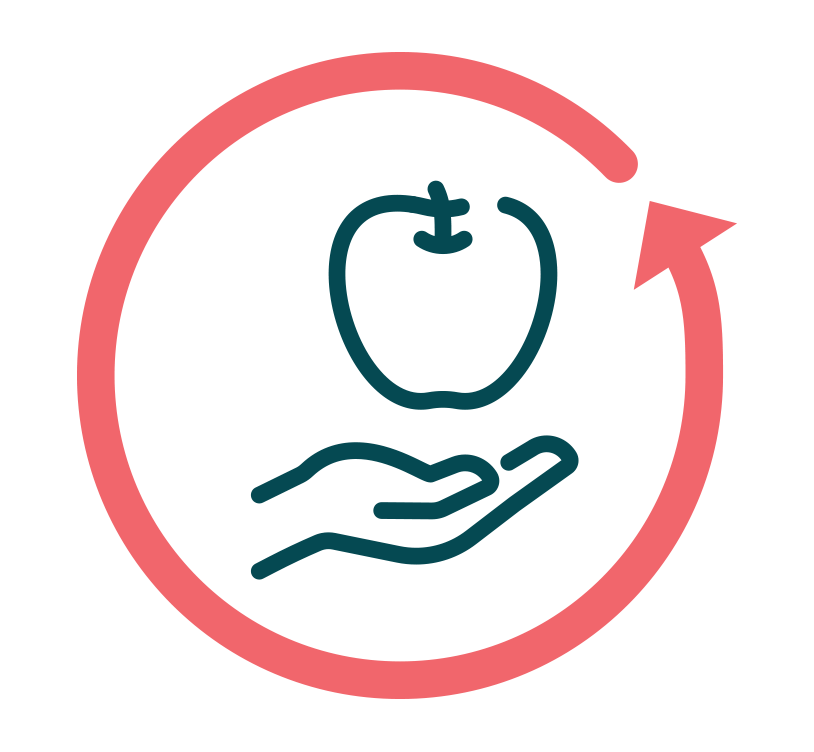

360 toolkit
Mindfitness
Mind fitness is the cornerstone of the 360 programme and fundamental to absolutely everything else that follows. Rooted in neuro science it lays the foundation to effect positive lasting change……
What is Mind Fitness Training?
Mind fitness exercises the brain, using mental activities and techniques to improve cognitive function, memory retention, focus, and overall well-being. This type of training involves various exercises that challenge the mind to think critically and creatively while stimulating neural pathways.
Katie uses techniques such as meditation, mindfulness and breathwork. The goal of mind fitness training is not only to enhance mental agility but also to improve emotional intelligence by strengthening self-awareness and resilience in dealing with stressors in everyday life.
Ultimately, mindfitness is the fundamental building block for resilience leading to unsurpassed levels of performance.
How mindfulness helps
Mindfulness refers to the practice of being present in every moment and cultivating a non-judgmental awareness of our thoughts, feelings, and surroundings. It involves paying attention to our inner experiences without becoming overwhelmed by them or getting attached to them. Mindfulness can help us develop emotional regulation skills that enable us to bounce back from stressful situations with greater ease and adaptability.
By fostering a sense of curiosity, self-awareness, and compassion towards ourselves and others, we can build stronger relationships, cope more effectively with challenges, and enhance our overall well-being. Mindfulness also encourages us to adopt a growth mindset that values learning from mistakes rather than fearing failure or avoiding risks altogether.
In short, mindfulness is an empowering tool that helps us cultivate resilience in times of uncertainty and change.
How Breath work helps
Breath work is a powerful tool that involves conscious control of the way we breathe to improve our ability to manage stress, anxiety, and other emotions.
It has been practised in various cultures for thousands of years as a way to promote physical, mental, and emotional well-being. In essence, it involves changing the rate or depth of breathing in order to activate the nervous system responsible for rest and relaxation, while simultaneously reducing activation of the nervous system – responsible for fight or flight responses.
By practising different breathing techniques regularly, we can enhance our overall resilience by improving our capacity to handle challenging situations with greater ease and composure.
From yoga traditions to holotropic breathing methods popularised by psychotherapists today, breath work offers a wide range of benefits including increased oxygenation levels in the body; improved circulation; reduced heart rate variability; enhanced immune function; lower blood pressure; decreased cortisol levels (a key stress hormone); and more profound states of relaxation and introspection.
How Meditation helps
Meditation is an ancient tool used for achieving mental clarity, reducing stress, and enhancing overall well-being.
The process of meditation focuses on training the mind to concentrate on the present moment while minimising distractions.
A heightened awareness allows us to recognize negative thought patterns or triggers that contribute to anxiety or stress levels. Consequently, we can learn techniques to manage those feelings more effectively and shift our focus towards positive thinking. Studies have shown that consistent practice of meditation has also been linked to improved physical health by regulating blood pressure levels, reducing chronic pain symptoms, boosting immune function, and improving sleep quality.
Ultimately, with dedication and commitment to daily mindfulness practices such as breathing exercises or guided meditations – the possibilities are endless!




